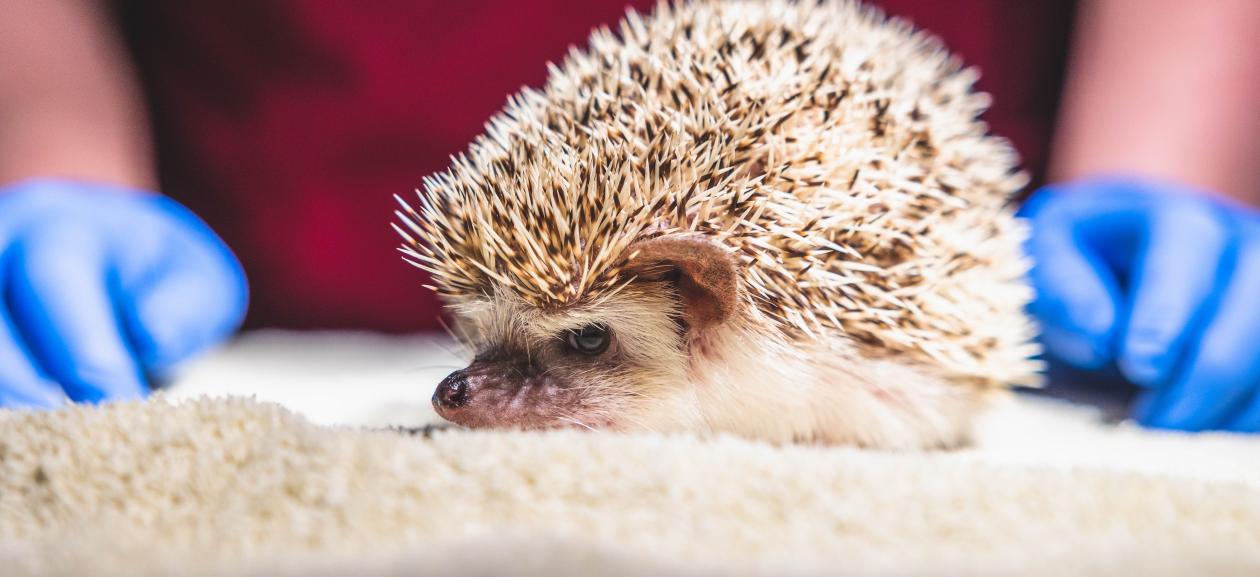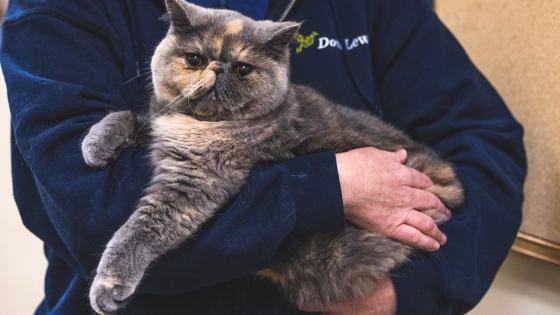
Recognizing Illness in Exotic Pets: Key Signs to Watch For
Exotic pets, ranging from reptiles and birds to small mammals and beyond, offer a unique challenge to pet owners, especially when it comes to identifying signs of illness. Unlike dogs and cats, many exotic pets are adept at hiding their symptoms, often a natural defense mechanism in the wild to avoid predators. As a result, by the time an illness becomes apparent, it might have advanced significantly. Here are some highlights of some common signs of illness in various exotic pets to help families act promptly and seek exotic veterinary care when necessary.
Changes in Eating or Drinking Habits
A loss of appetite or changes in drinking habits can be a sign of illness in almost any pet. If your exotic pet is eating or drinking significantly more or less than usual, it could indicate a range of health issues, from digestive problems to metabolic diseases.
Changes in Fecal Output
Changes in the frequency, consistency, or appearance of feces can signal health problems. Diarrhea, constipation, or the presence of blood or unusual coloration in feces warrants a exotic vet check-up. For reptiles, changes in urate (the white part of their droppings) are also significant.
Respiratory Issues
Respiratory problems can manifest as wheezing, frequent sneezing, labored breathing, or discharge from the nostrils or mouth. Birds, in particular, are prone to respiratory infections, and any signs of respiratory distress should be taken seriously.
Lethargy and Weakness
If your pet is less active than usual, shows a lack of energy, or has trouble moving around, these can be signs of illness. Lethargy is especially concerning in exotic pets, as it can rapidly lead to a decline in overall health.
Changes in Skin or Feathers
For reptiles, shedding problems or changes in skin color or texture can indicate health issues. In birds, look for changes in feather quality, loss of feathers not associated with normal molting, or any signs of discomfort or itching.
Behavioral Changes
Sudden changes in behavior, such as increased aggression, unusual vocalizations, or a noticeable decrease in normal activities, can be indicative of illness or discomfort.
Weight Loss or Gain
Rapid weight loss or gain is a cause for concern. Weight changes can be a sign of metabolic disorders, parasites, or other health issues.
Swelling or Lumps
Any unusual swelling, lumps, or bumps on your pet's body should be examined by a exotics veterinarian. These could be signs of infection, tumors, or other serious health problems.
Eye or Nasal Discharge
Discharge from the eyes or nose, or any signs of swelling or redness around these areas, can indicate infection or other health issues.
Difficulty Eating or Swallowing
If your pet seems to have trouble eating, chewing, or swallowing, this could be a sign of dental problems, especially in small mammals, or other health issues.
Early detection of illness in exotic pets is crucial. Regular observation and knowledge of your pet’s normal behavior and appearance are key. If you notice any of these signs, or any other unusual symptoms, consult with a veterinarian who specializes in exotic pets as soon as possible. Remember, it's always better to err on the side of caution when it comes to the health and well-being of exotic pets.




